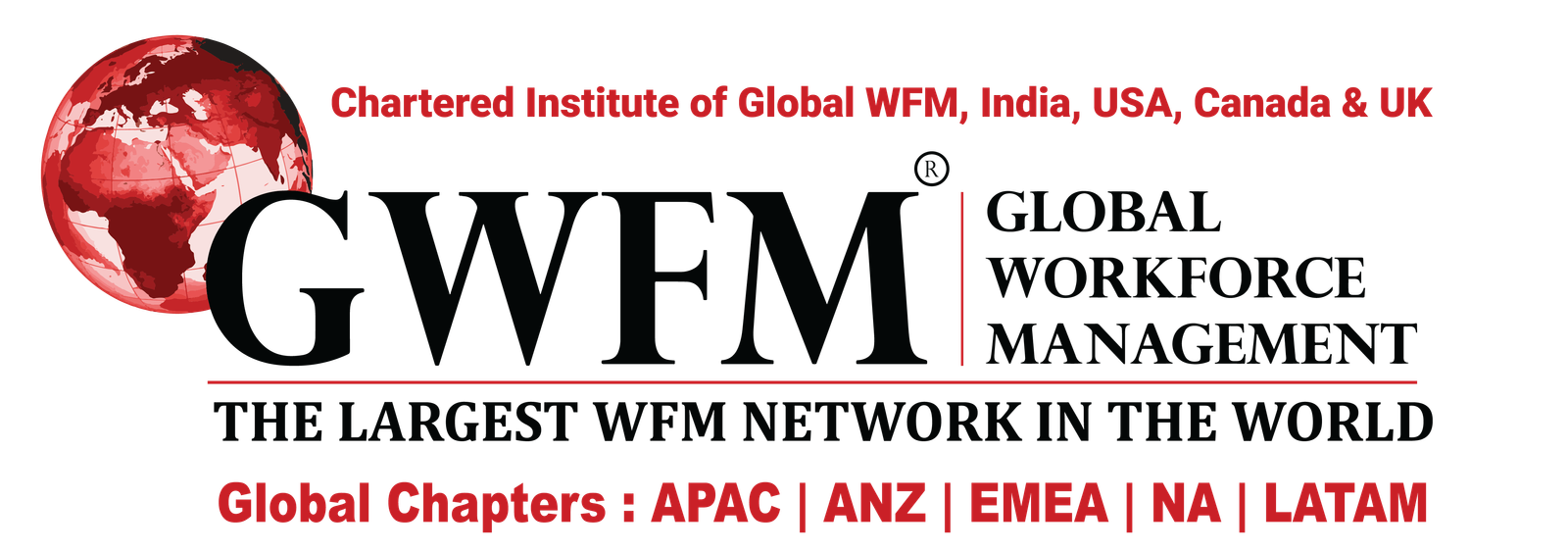Philippine BPO lobby eyes 1M new jobs and work-at-home framework

MANILA — The Philippines’ business process outsourcing industry, which includes call centers, plans to create 1.1 million new jobs during President Ferdinand Marcos’ six-year term, as the sector steps up lobbying for a permanent remote work scheme.
The ambitious target comes as the economically important industry grapples with regulatory uncertainties that had emerged as a result of a surge in the number of people working from home during the COVID pandemic.
Based on long-standing investment rules, many outsourcing companies enjoy tax perks if their staff work on-site. However, a large number of the industry’s 1.4 million workers now prefer working from home, which became the norm during COVID lockdowns.
The issue has put the industry at odds with the country’s finance department, which earlier this year had wanted companies to make employees return to their offices in exchange for continuing to receive those incentives. Many outsourcing companies have since been allowed to have 30% of their staff work remotely until Sept. 12, and possibly until March next year.
On Wednesday, Jack Madrid, president of the IT and Business Process Association of the Philippines, said a permanent flexible work policy is crucial for the industry to flourish.
“If we want to continue to attract investors, then we need to show the world that we are serious and that we are ready to enact a more permanent work-from-home, work-from-anywhere, hybrid [work] law,” Madrid said in an online news conference.
Companies risk losing workers who prefer hybrid work set-up if they are forced back into the office, dealing a blow to the industry amid what Madrid calls an ongoing “war for talent.”
The 1.1 million employment goal forms part of the association’s new six-year road map until 2028, which coincides with the Marcos presidency. Other details of the group’s strategy, including revenue and global market share projections, will be revealed at an annual industry summit late September, to which Marcos has been invited.
The target also comes as the industry faces other challenges, such as increasing automation which is threatening the call center sector, the largest segment in the country’s BPO industry.
The industry, which also includes IT professionals, animators, and other non-voice service providers, is considered a pillar of the Southeast Asian nation’s economy. Its revenue rose 10.6% to $29.5 billion last year on pent-up demand from e-commerce and fintech that boomed during the pandemic as well as aggressive cost-cutting by companies amid the health crises.
IBPAP expects revenue to rise by 8% to 10% this year, and headcount to grow 7% to 8% from last year’s 1.44 million.
Madrid said he remains “very optimistic about the prospects for the global industry” despite fears of an economic downturn in the U.S., the Philippine outsourcing industry’s largest market.
“A recession will impact some industries, but it will also benefit others. [And] companies will always have customers with an issue to resolve and it is our hope that it will be a Filipino resolving that issue,” Madrid said.
Source: GWFM NEWS

Responses